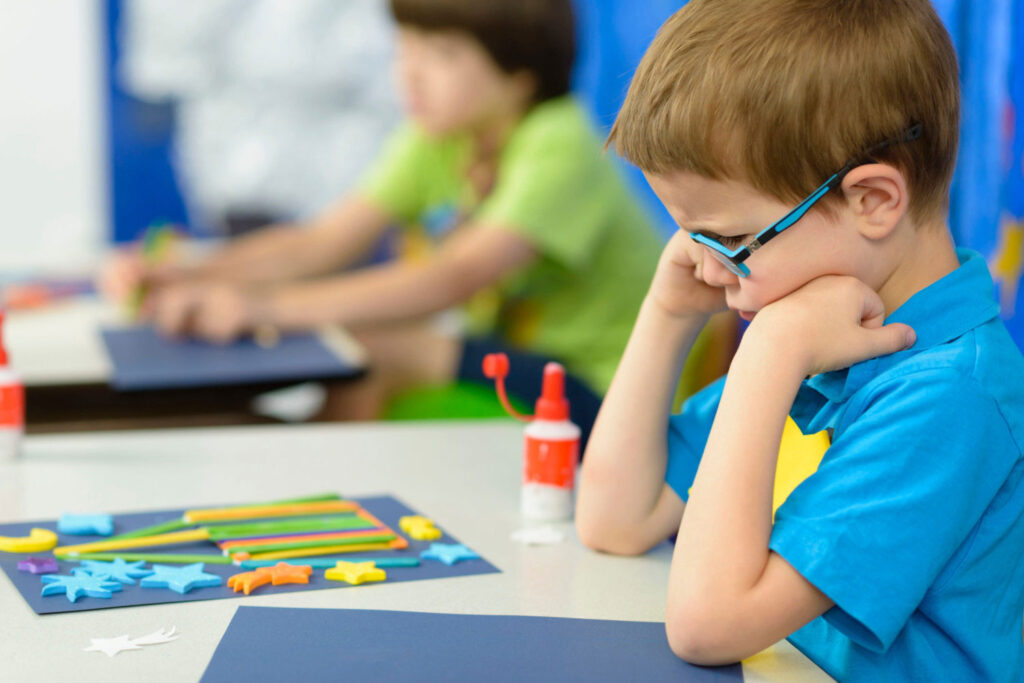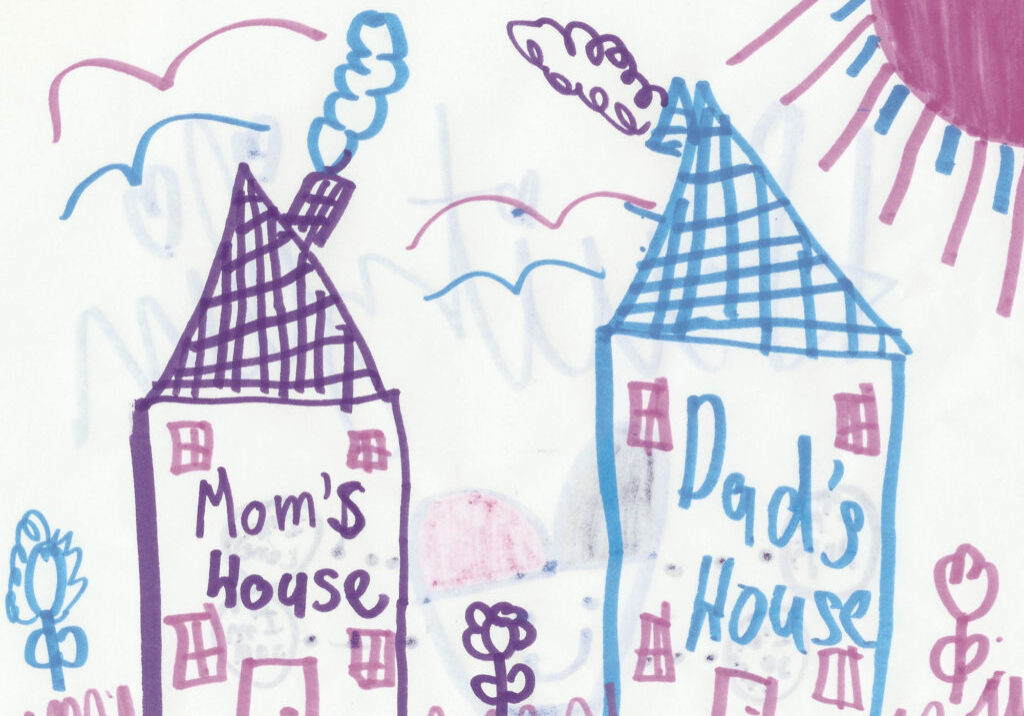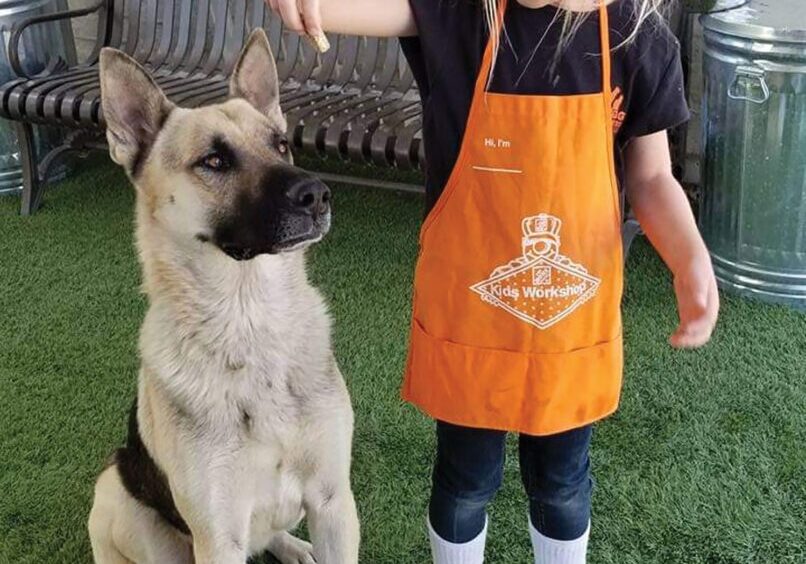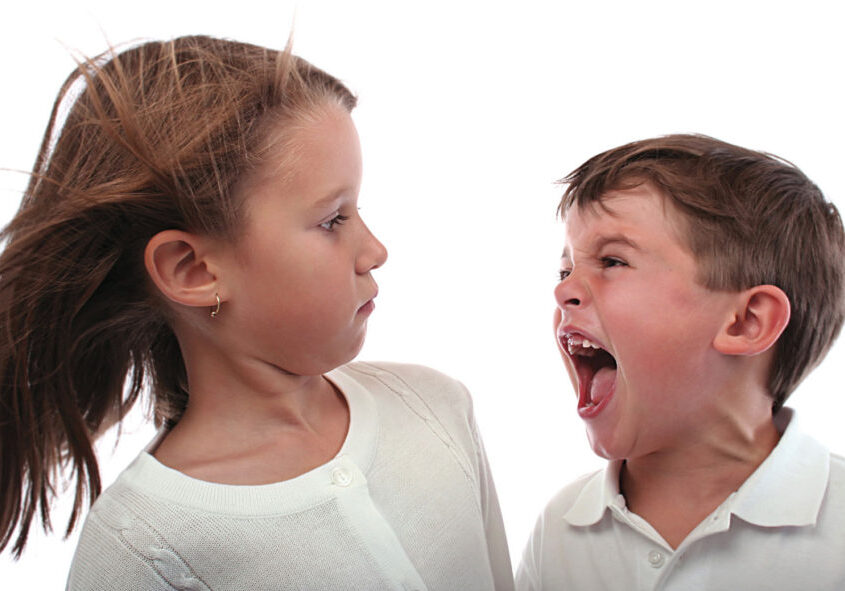Do your children throw temper tantrums when things don’t go their way? Does he hit siblings when he is mad? Does she throw toys across the room when she is frustrated? Kids often act out because they don’t know how to appropriately express strong feelings like anger, frustration, or disappointment. This is totally normal and parents can help kids understand their emotions, express them in a healthy way, and learn how to cope with their feelings.
Help your child with feeling words
For toddlers, the biggest obstacle to expressing their feelings is the simple fact that they do not have the words to explain what is going on. When your child has worked hard to build a tower of blocks only to have it topple down over and over again, frustration is normal.
When you say something like, “You are frustrated with your blocks aren’t you?” you acknowledge your child’s feelings and give words to identify them in the future. If a sibling takes their toy away and they begin to cry, acknowledge that they are sad and come up with a solution together to work it out. This will help them show their feelings through words rather than actions like hitting or throwing a tantrum.
For older children, ask what they are feeling and listen to the answer without criticism. If they have trouble coming up with words to express themselves, suggest a few to fit the situation. Ask if they feel there is a better way they could handle the situation and talk it out together.


Notice and name the feelings of others
It is also important to notice and name the feelings of others. When you come home and your dog greets you with a wagging tail, explain that the dog is happy to see you. If they see someone crying, talk about how and why the person is sad. If your child acts out toward someone else, try to explain the feelings involved. Help your child notice the cues and body language of others and guess their emotions. As you read books, point out words and situations that are clues to how the characters feel.
Model positive ways of dealing with feelings
It’s okay for kids to know that parents feel sad, excited, frustrated and angry too. These emotional moments are opportunities for parents to model a positive way of dealing with feelings. With anger, there is the choice of yelling and getting physical or acknowledging the anger and taking a break to cool down. Feelings of sadness are normal and parents can show kids it’s okay to feel. This is also a chance to show how to change a sad mood by spending time with positive people, exercising, or doing something we enjoy.
Find your child’s best way to deal with strong feelings
Once kids can express how they feel with words we can help them come up with appropriate ways to express their feelings. For one child this may be simply talking it through. One child may need extra snuggles or hugs. For another child, having time to be alone to sort out their thoughts and feelings or cool down gives then what they need to process their emotions so they can discuss them.
When my daughter gets mad she finds it helpful to go to her room, shut the door and turn up the music. I often hear her singing as she looks at books, plays or even cleans. When she joins us again she is calmer, happier, and able to talk and interact with others calmly. My son prefers to take a walk when he is upset. The exercise and fresh air helps him settle down. Depending on the child, their current emotion, and the situation, coping skills may look very different.
As kids begin to learn to express their feelings using words and appropriate coping skills, it is important to give them positive feedback. This will encourage them to continue to express themselves as they mature.
Books About Feelings for Kids
- The Angry Dragon by Michael Gordon
- The Way I Feel by Janan Cain
- In My Heart: A Book of Feelings by Jo Witek and Christine Roussey
- I Hate Everything: A Book About Feeling Angry by Sue Graves
- Stand in My Shoes: Kids Learning About Empathy by Bob Somson
- How Full is Your Bucket by Tom Rath and Mary Reckmeyer
- Today I Feel Silly: And Other Moods That Make My Day by Jamie Lee Curtis and Laura Cornell
- Everybody Feels Sad! and Everybody Feels Scared! by Moira Butterfield and Holly Sterling
- The Angry Volcano by Amanda Greenslade
Posted in: Youth & Teen
Comment Policy: All viewpoints are welcome, but comments should remain relevant. Personal attacks, profanity, and aggressive behavior are not allowed. No spam, advertising, or promoting of products/services. Please, only use your real name and limit the amount of links submitted in your comment.
You Might Also Like...

Who Knew My Teen Pulling Away Would Hurt My Heart This Much
I heard parents with older kids talk about it. I listened to my older sister vent about how much she missed her kids even though they slept right down the […]

Copernicus Tutoring
Shasta High School Seniors Offer Free Tutoring For Peers Over the summer, Lily and Leah created a tutor application process, built a website, and recruited tutors for the Zoom-based program. […]

Helping Kids Through Divorce
Parental divorce or separation can be the most heartbreaking and difficult time a family may face. The conflict family separation may bring often takes a toll on children’s behavior, education, […]

Teaching Children Responsible Pet Ownership
When I think about things that make my heart smile, two things often come to mind: puppies and children. As many families will attest, adding a pet to your home […]



